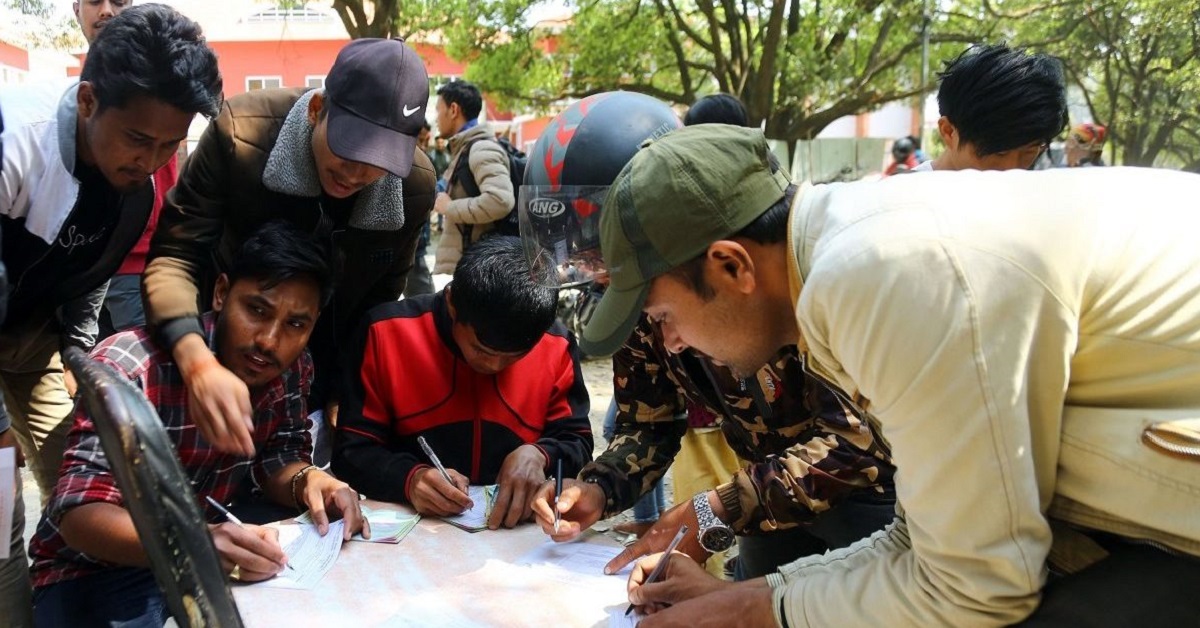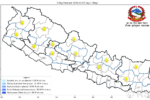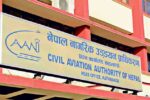KATHMANDU: South Korean government has made it mandatory to pass the skill and language test through ‘Employment Permit System (EPS)’ from next year January 2020.
Why has the skill test become mandatory for those Nepalese workers who aspire to go to South Korea? It is because many of the Nepalese workers who came to South Korea after clearing Korean Language Test (KLT) met with depression and other psychotic mental conditions in absence of commensurate skills for jobs required in South Korea.
Apart until recently, South Korea has been recruiting workers from four countries including Nepal with Korean language efficiency to employ them in different sectors of its economy.
This is why South Korea has introduced EPS besides KLT for Nepalese job aspirants. Due to this decision, as much as 50% of the Nepalese workers who had South Korea as their job destination has been directly affected. South Korea has been pulling workers (laborers) from 14 countries.
Apart until recently, South Korea has been recruiting workers from four countries including Nepal with Korean language efficiency to employ them in different sectors of its economy. There was no additional requirement of skill attestation through EPS as it is now.
Other three countries for which EPS was waived are Indonesia, Cambodia, and China. Now, these three countries along with Nepal, too, have to ask their workforce to undergo specific skill system through the EPS. Korean HRD (Human Resource Department) has hailed the step in the right direction as it will drastically reduce the numbers of mental diseases and cases of suicides among the workers.
Out of those who have cleared the KLT, 6007 candidates have been selected by South Korea to work in different economic sectors such as industry and agriculture.
Skilled workers protect themselves well and get out of employment and again into it with ease. They do not lose hope like those workers who have little skills. According to the South Korean HRD report, a total of 92,356 Nepalese candidates appeared in the Korean Language Test (KLT) for the year 2020 and only 12,009 candidates could clear it.
Out of those who have cleared the KLT, 6007 candidates have been selected by South Korea to work in different economic sectors such as industry and agriculture. The industry will observe 4007 workers while agriculture and animal husbandry will take in 2000 workers.
As per Employment Permit System (EPS) for 2020, job aspirants who wanted to join agriculture appeared in Korean Language Test (KLT) of 90 marks. Those who cleared the exam were required to clear skill test of 110 marks. Similarly, job aspirants who planned to join the manufacturing sector appeared in both Korean language and skill test of 100 marks each.
South Korea opened its country for foreign workers since 2004 due to paucity of workers in the country and just after 4 years began to take Nepalese workers from Nepal.
Shobhakar Bhandari, information officer with EPS Korea section under the Department of Foreign Employment (DoFE) says, “South Korean employers are now stressing more on skills than efficiency in the Korean language. If job aspirants have skills together with Korean language efficiency, there are better chances to stay in South Korea with the job of your choice.”
He adds, “After a job aspirant clears the tests of skills check and Korean language, s/he is asked to sign a labor contract paper. It entirely depends upon the demands of labor placed by South Korean employers how many Nepalese workers will be sent to attend jobs in South Korea.”
Those who have cleared the Korean Language Test (KLT) need to appear in three more tests before being eligible to work in South Korea: First, on the basis of marks obtained in skill and language test, Second, on the basis of special examination after returning from Korea and third, rejoining the same employer if approval has been clearly obtained.
South Korea opened its country for foreign workers since 2004 due to paucity of workers in the country and just after 4 years began to take Nepalese workers from Nepal. There are at present 44,000 Nepalese workers working in South Korea.
Not less than 60,000 Nepalese workers have reached South Korea after clearing the Korean language test. Foreign Employment Department confirms that more than 7,000 Nepalese women have already reached South Korea.









Comment